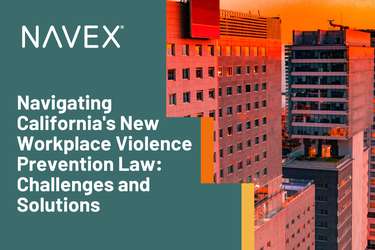Statistically speaking, I could be untrustworthy. According to the 2018 Edelman Trust Barometer, only 44 percent of people trust CEOs. Fortunately we are on a slight uptick with a 7 percent improvement from 2017 results. But there is still significant work to do.
The gulf between how we perceive ourselves versus how others perceive us needs to change if we ever hope to maximize corporate value and achieve sustainable growth.
The Trust Barometer indicates that less than half of Americans report general trust in business. That’s down 10 percentage points from 2017 and mirrors steep declines across a range of sectors including government, media, technology and even non-profit organizations. Recognition of this issue should make building trust a top priority for all leaders. This includes trust from all of our employees as well as from our external stakeholders. Building trust requires purposeful attention; we need to consider our “tone from the top,” our actions and reactions to issues related to ethics and compliance and our consistency in those actions. Failure to build trust puts our businesses and our employees at risk.
I suspect that, like me, most leaders consider themselves highly trustworthy. However we also need our employees, customers and partners to see us in the same light. The gulf between how we perceive ourselves versus how others perceive us needs to change if we ever hope to maximize corporate value and achieve sustainable growth.
eBook: 25 Simple Yet Overlooked Ways to Boost Your Ethics and Compliance Program eBook
A Message for Leaders
Trust and a reputation for ethical behavior are not just relevant to our current business goals – they are essential to our collective personal career goals. In today’s digital media culture, reputations of companies and their leaders are archived and referenced years down the line. And, as Warren Buffet famously said, “It takes 20 years to build a reputation and five minutes to ruin it. If you think about that, you’ll do things differently.”
This is reinforced by a Harvard Business School study that reveals how ethical corporate lapses can have a trickledown impact on employees. The “stigma effect” of having worked for a company that engages in misconduct spreads much farther than the executives who were directly responsible. Even blameless employees can suffer the reputational damage of having worked for an ethically challenged company.
As senior leaders who desire great corporate performance, and personal career and reputational longevity, trust and ethics need to be a banner you wear proudly. Furthermore, there are people depending on you to create an environment where they – and their own reputations – are protected. I encourage you to use your position to create a legacy of reputational excellence for those who work with and for you. This is a winning business strategy.
Continue Reading: Trust – the Secret Sauce in Corporate Success?







